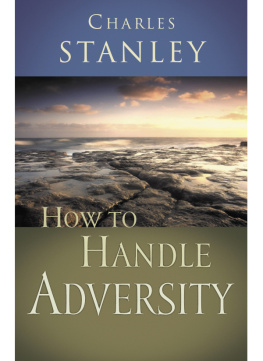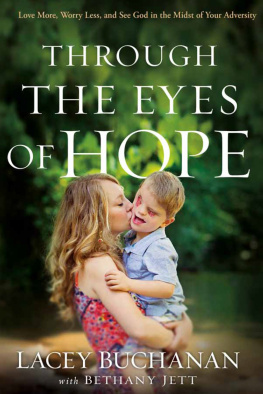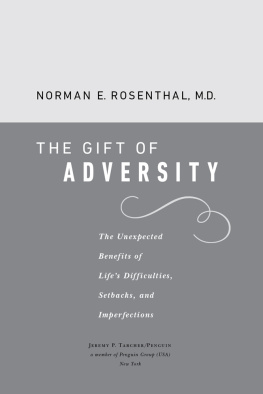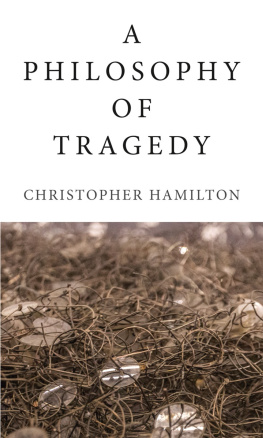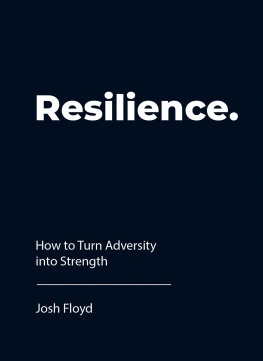Contents
Guide
Also by Christopher Hamilton
Living Philosophy
Middle Age
AN INSPIRATIONAL, ENTERTAINING, AND INSTRUCTIVE GUIDE ON WHAT TO DO WHEN FACED WITH ADVERSITY, AND HOW TO DERIVE MEANING FROM IT
NO MATTER HOW INSULATED we are by wealth or friends, we can all expect to undergo some form of loss, failure, or disappointment. The common reaction is to bear it as best we cansome do this better than othersand move on with life. Dr. Christopher Hamilton proposes a different response to adversity. Focusing on the arenas of family, love, illness, and death, he explores constructive ways to deal with adversity and embrace it to derive unique insight into our condition. Offering examples from history, literature, and science, he suggests how we might recognize it as a precious source of enlightenment, shaping our very existence.

N ELLY M ARS
DR. CHRISTOPHER HAMILTON is Senior Lecturer in the Philosophy of Religion at Kings College London. He is the author of Middle Age, part of the Art of Living series published by Acumen books in 2009, and Living Philosophy, published by Edinburgh University Press, 2001.
T HE S CHOOL OF L IFE is dedicated to exploring lifes big questions: How can we fulfill our potential? Can work be inspiring? Why does community matter? Can relationships last a lifetime? We dont have all the answers, but we will direct you toward a variety of useful ideasfrom philosophy to literature, psychology to the visual artsthat are guaranteed to stimulate, provoke, nourish, and console.
WWW.THESCHOOLOFLIFE.COM
WWW.PICADORUSA.COM/HOWTODEALWITHADVERSITY
COVER DESIGN BY LeeAnn FALCIANI
PICADOR
175 FIFTH AVENUE, NEW YORK, N.Y. 10010
HOW TO DEAL WITH ADVERSITY
Christopher Hamilton
PICADOR

New York
The author and publisher have provided this e-book to you for your personal use only. You may not make this e-book publicly available in any way. Copyright infringement is against the law. If you believe the copy of this e-book you are reading infringes on the authors copyright, please notify the publisher at: http://us.macmillanusa.com/piracy.
Do not think that the person who seeks to console you lives untroubled and in accord with the simple and quiet words that sometimes help you. His life has much hardship and sadness, and remains far behind yours. If it were otherwise, he could never have found those words.
R.M. Rilke, Letter to Franz Kappus, 12 August 1904
Introduction
The Roots of Adversity and the Nature of this Book
Everyone knows that life contains many adversities: we all experience loss, failure, disappointment, waste and pain in various different forms and ways. This is so obviously the case that we rarely reflect on why things are like this. But if we want to understand how we might respond constructively to adversity we would do well to start by thinking about why there is adversity in human life at all. Adversity is, I shall suggest, inevitable. There is nothing we can do to escape it wholly. But that, far from being a negative thought, is immensely liberating, because it allows us to gain a realistic perspective on ourselves and on what we can really do to make sense of, and turn to account, the adversity we experience in life.
Limited Resources
We who live in the developed world are extremely fortunate. In many ways, we live in a world of plenty and of opportunity. We do not, in general, have to worry about the availability of food and shelter, of medical services and of educational opportunities, though the absurdities of how we organize things ensure that such resources are much more unequally distributed than they might be. Nonetheless, we do not live in a world of limitless resources and human beings are normally manifestly in competition with each other for them concrete resources like income and property, but also more intangible resources, such as fame, reputation, status and so on. We see such competition in the job or housing market, for example, and in our desire for career advancement. Further, we are extremely physically vulnerable creatures, whose bodies are very easily damaged. We often fail to acknowledge this, even though we know it, because, in general, we experience much better health than any human beings in history. But a visit to your local A&E department will remind you just how vulnerable the human body is.
For these reasons, we naturally seek for ourselves, and for those about whom we care, the best possible conditions of security. We all seek to shore up our position in the world, and, although different individuals conceive of safety and security in somewhat different ways, our desire and need for them inevitably mean that we clash with others, because we are seeking pretty much the same things as others, under conditions of limited resources. In other words, we come up against adversity.
But human beings are not just physically vulnerable; they are deeply psychologically vulnerable as well. This vulnerability comes about partly because human desires and needs are potentially limitless, in the sense that they feed off each other and the world around them in such a way that human beings always seek more more of what they have already, or more of something new. There are, in my view, reasons deep within human psychology why this is so. In particular, three ideas from the writings of Samuel Johnson seem to me to be especially useful in understanding this: the hunger of the imagination; the vacuity of life; and the craving for novelty.
The Hunger of the Imagination
The human mind, Johnson pointed out, is not a passive recipient of information from the outside. It does not neutrally register what is going on out there. On the contrary, it is an active force with a life of its own, energetic, febrile, forever in motion, like a kind of unruly or disruptive creature. It is intolerant of limitation and restraint, and seeks to expend itself. It lives very largely in the past and the future, reflecting on what has been and propelling itself into potential plans, projects, ambitions and aims. It is, in short, hungry.
This hunger is expressed in the workings of the imagination. It is because we are imaginative creatures that we can construct ideas and images of what the future might be like, formulate plans, initiate change and so on. We can see how things could be different, and, in our hunger, we reach out to make things correspond to the image we have: it might be that we want to buy something, or travel somewhere, or visit a friend, or learn something new, or change career and so on, in countless ways. But because the mind is so hungry we find that once we achieve our goal we remain hungry: we want more of the same, or something different or, paradoxically, both. This is why Plato saw human beings as like leaky buckets: pour the water in and, rather than staying put, it will flow out of the bottom. We can never be full, in this sense, more than momentarily. Other thinkers have followed Plato, changing the metaphor, seeing us as on a treadmill of desire, forever turning round and never coming to a halt.
Of course, all this has a positive side: we are able to mould the future in a way that other animals cannot, and we can secure ourselves in various ways against troubles and difficulties. But the profoundly disturbing aspect of the hunger of the imagination is that the experience of desire is always potentially traumatic: we

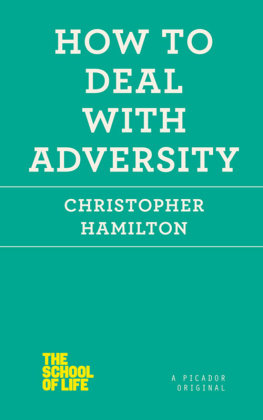
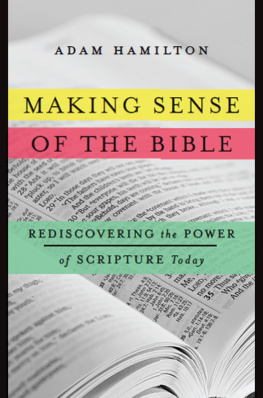
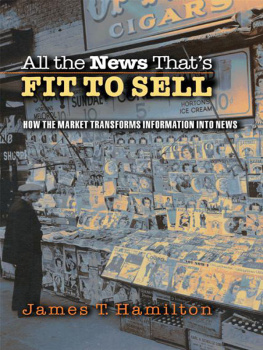
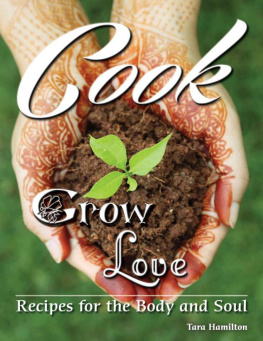
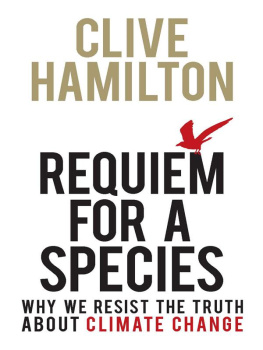
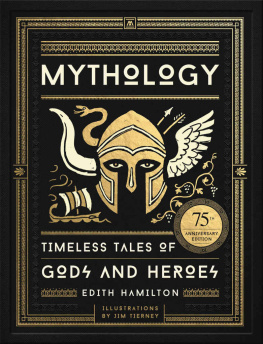
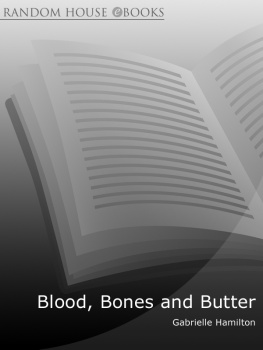
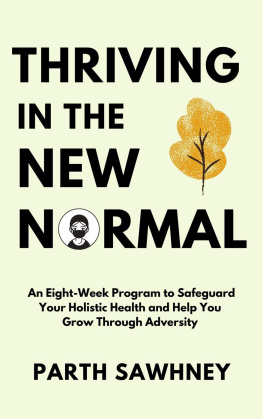

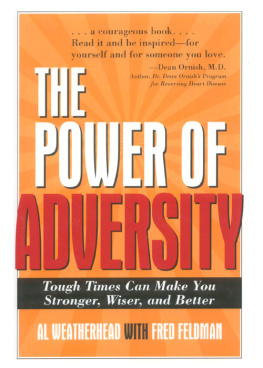
![Kimberly Irvine - Strong[Er+]: Becoming My Own Best Advocate and Discovering My Purpose](/uploads/posts/book/390634/thumbs/kimberly-irvine-strong-er-becoming-my-own-best.jpg)
